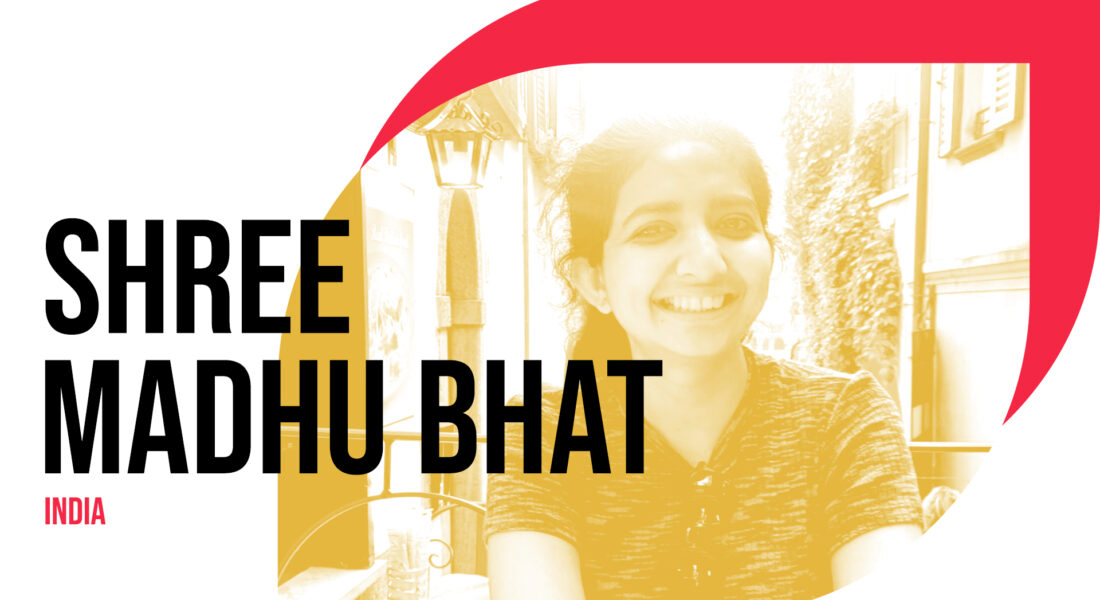
How and what do people from other cultures think? How could diversity be turned into relevant scientific results? These are some questions that have always guided my steps
Away from her native India, Shree Madhu Bhat, 27, a virologist, arrived in Italy in October 2019, just before the Covid pandemic broke out, to attend a doctoral program in biological sciences at the University of Turin.
After three years in Italy, Shree still uses Google Translate when she goes to the supermarket, and she doesn’t mind when Italians “slip” a few English words into sentences.
In fact, Shree speaks English very well, which is the most common official language in India.
She has not yet found the linguistic key to express herself in Italian, but she also speaks Tulù, Lofmalialum, Telwud, Hindi and Kannada, the language of her homeland, the federated state of Karnataka in southwestern India.
Shree is very interested in learning about other cultures and considers herself a free-minded and open-minded person, partly because she was born and raised in India, a country that is very diverse from state to state because of the different languages spoken, the multiplicity of religions present, and the variety of traditions and ways of life.
After graduating from college in India, she realized that to become the person she wanted to be, she needed to deepen her education as much as possible and develop various skills, including soft skills.
She is curious about European mentality and Italian scientific culture. Shree believes her personal growth must include knowing how to understand cultural differences to better communicate with others and refine her research. How do people from other cultures think? What do they think about it? How could diversity be turned into relevant scientific results? These are some questions that have always guided his steps.
Her doctoral research focuses on virology, specifically the genetic manipulation of a specific virus and the identification of its developmental processes. The goal is to further his dissertation to derive practical applications from it, ideally in the pharmaceutical field. In Turin, she is comfortable with colleagues in the Department of Biological Sciences.
“They work hard and are very open to me, and have welcomed and integrated me into the team”.
Although she spends most of her days in the lab, Shree appreciates her social life in Turin; her new friends have introduced her to the Italian “Dolce Vita”.
“At first, I was a little scared, but now I feel proud of myself because I didn’t think I could make iton my own in a big country like Italy without even knowing the language”.
About India, she misses her parents, relatives and food, although the latter she can cook herself by buying the right ingredients.
She would like to contribute to making her culture of origin known in Italy; for this very reason, Shree is very grateful to the Migrant Science project for allowing her to express herself and make her contribution to the debate on the importance of integration for social progress, to help know more and fear less.


